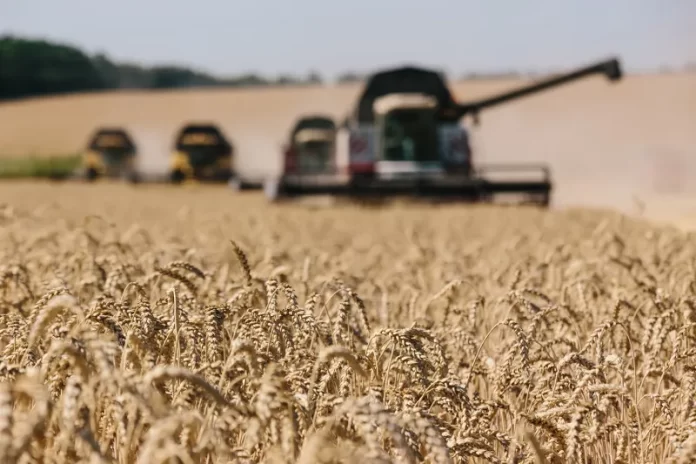Russia’s withdrawal from the Black Sea Grain Initiative triggers a surge in global food prices, impacting nations worldwide, particularly those heavily reliant on grain imports.
USAID alerts African countries, including Nigeria, to prepare for escalating food costs as the disruption of the Black Sea Grain Initiative threatens to disproportionately affect developing nations dependent on grain imports.
Isobel Coleman, the deputy administrator at USAID, emphasizes the need for African nations to bolster their food security strategies and explore alternative grain export routes.
Nigeria and other African nations have been cautioned by the United States Agency for International Development (USAID) to get ready for increasing food costs. Isobel Coleman, the deputy administrator for policy and programs at USAID, explained the move during a media conference on Thursday. She ascribed it to Russia’s recent decision to renounce the Black Sea Grain Initiative.
The Black Sea Grain Initiative, which was established in July 2022, aims to stop a worldwide food catastrophe after Russia invaded Ukraine, a neighboring nation and fellow important grain supplier. The agreement permitted the shipment of commercial quantities of food and fertilizer, including ammonia, from the three important Black Sea ports of Odesa, Chornomorsk, and Yuzhny/Pivdennyi in Ukraine.
Coleman predicted that developing nations that were dependent on imports and had historically relied on grain imports from Ukraine would be disproportionately affected by the increase in food costs.
Read more : US: Kissinger’s unproductive visit to Beijing, an effort to no avail
She claimed the government of Ukraine calculated that 180,000 metric tons of Ukrainian grains in storage have been damaged by Putin’s missile and drone assaults alone in the last few weeks after opting out of the program. She claims that there is enough grain to serve over 12 million people for a month.
“It is very, very important to keep in mind that countries that import grains, those grains are global commodities and they are priced globally. And taking off from the market one of the world’s largest breadbaskets – Ukraine – by doing that, Russia is increasing global food prices,” Coleman said.
“We’ve seen already how when the Black Sea Grain Initiative deal came into place, global food prices came down over time, and since Russia has pulled out of the agreement, food prices have again been on the rise. And this affects every country around the world, but it affects most acutely large importing developing countries that have to spend much more of their precious foreign exchange resources to purchase food to feed their populations.”
Coleman warned that the removal of Russia from the effort, which in theory forbade the transfer of grain from Ukraine to Nigeria and other developing nations, would have disastrous effects on food security.
According to her, 20% of the grains from the Black Sea Grain Initiative went straight to the least developed nations, with 65% going to emerging nations.
Coleman noted that the US government created “Feed The Future” as a strategy to invest in food security and make nations more robust to food crises in the aftermath of the most recent food crisis that shook global food security in 2008.
“And today we invest in more than 40 countries across Africa, Asia, Latin America, the Caribbean, really around the world, and we have 20 – sorry, 20 target countries that have very high levels of poverty and hunger, and also a strong potential for agriculture to drive economic growth and to transform food systems,” she said.
Coleman stated that USAID was investigating other grain export routes for Ukraine, including those via the Danube, roads, and rail.













